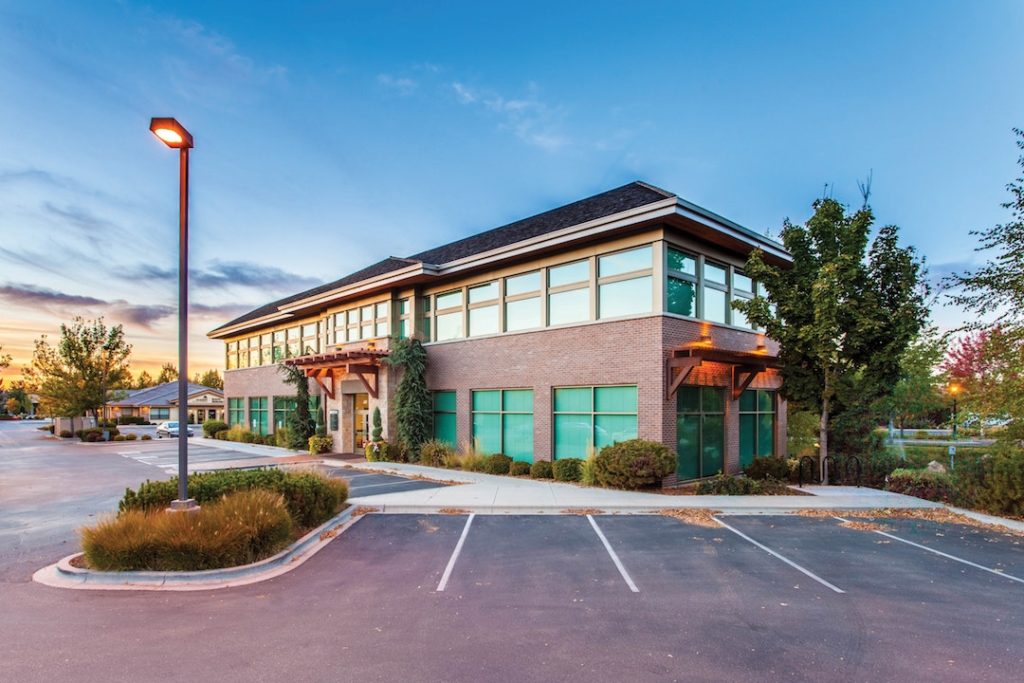It seems “unprecedented,” is one of the most-used words to describe 2020. Yes, the pandemic has caused a widespread ripple effect, touching every industry in one way or another. But the commercial real estate (CRE) industry is no stranger to economic downturn. The cycle has always been: recovery, expansion, hypersupply, and recession.
While building design and pricing projections may be unique to this particular season, a recession is a manageable part of owning a commercial property. And it is still very possible to sell a building during this state of the economy. The current projections provide evidence that transactions will continue even in the face of the pandemic.
Know the Market
One source projects commercial transactions will reach $478 billion by the end of 2020. Given the landscape of the economy and the impacts of COVID-19, that is an understandable drop since 2019’s volume of $500 billion. Additionally, in June, CRE price growth slowed, with the retail sector experiencing the sharpest drop of 0.7% since last year.
It’s important to know and understand numbers like these before selling a commercial property. The forecasts and percentages for the market affect the sellers’ expectations and selling strategies. Before placing their properties on the market, sellers should contact a CRE advisor. These advisors have access to both the national and local market information. They are able to interpret the numbers and guide sellers accordingly.
Make a List of Features
After gaining a general understanding of the local and national market, a seller should make a list of the property’s best features. What aspects of the facility would be the top selling points to showcase to a potential buyer? For example, is the building in a highly sought-after location within the community? Are there plenty of exterior windows that allow natural light to flood the interior? Is the layout ideal for a tenant within a specific industry?
When reviewing the list, consider what upgrades or additions would create an attractive facility for a potential buyer. Adding new landscaping, paving the parking lot, or improving the parking lot paint striping could also boost curb appeal. And simple adjustments like upgrading the flooring, changing the interior wall colors, and adding a fresh coat of paint to the exterior can help increase the property value.
Research and List the Details
The basic features will help potential buyers gain an overall perspective of the property. But all of the details, including the square footage and zoning information, will inform the buyer on how the property could work for their specific business. Rather than overlooking the property because of the unknowns, the buyer can plan for the right amount of space and/or how they utilize the space in the future.
Hire a Commercial Real Estate Advisor
Whether selling a property in the hypersupply phase or in an economic recession, the process takes time and research. Hiring a CRE advisor could mean the difference in both the selling price and speed of the sale. Their resources and expert guidance remove the uncertainty and questions that come with selling one of the largest assets a business owner has. Commercial property advisors assess the property, compare it to other local facilities, and gather the necessary market information to make the sale.
This year has felt like a roller coaster for many industries and business owners. But the steady ebb and flow of the CRE cycles should be a comfort to those who own a property. Economic downturn will happen, but managing or selling a property is all possible with the right information and right commercial advisor in place.
If you are interested in learning more about investing in commercial real estate, or if you have questions about buying, selling, or leasing a commercial property, please contact an HBRE advisor. Our team of experienced CRE professionals have the skills and insight to assist with all property transactions. To reach out to us directly, email [email protected] or call 615-564-4133.




